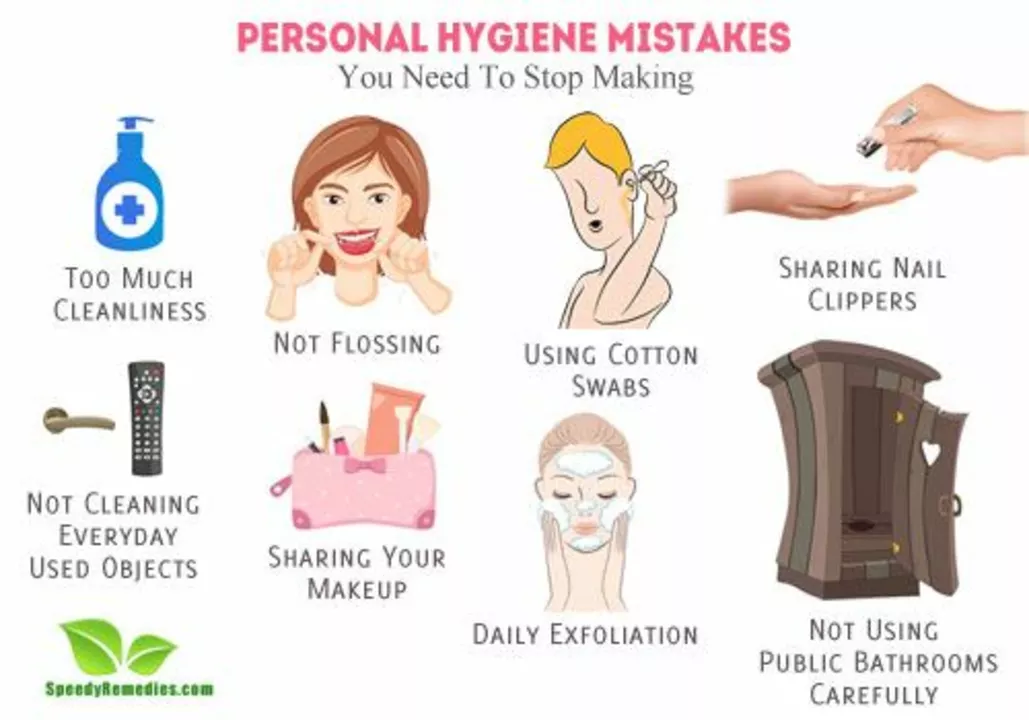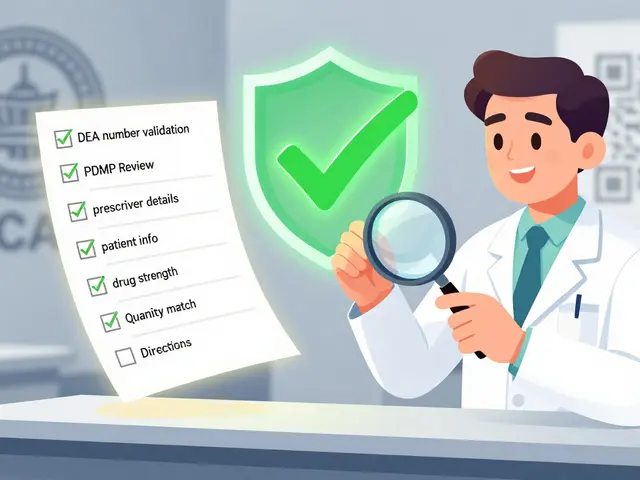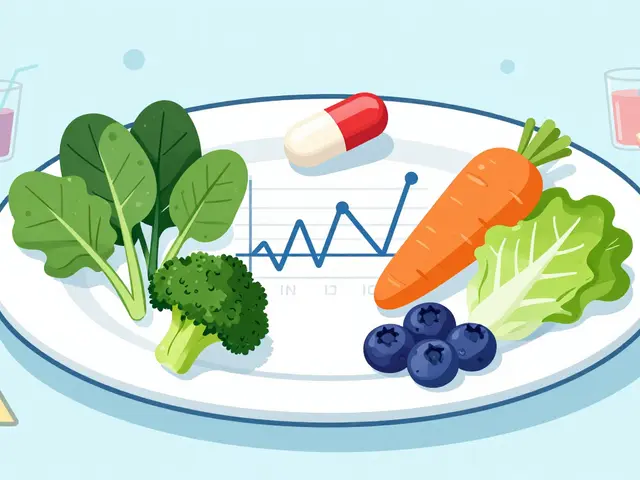Hygiene: Simple daily habits that cut illness
Washing hands for 20 seconds—what the CDC recommends—really lowers your chance of catching and spreading germs. Good hygiene isn’t about perfection. It’s about a few small habits you do reliably that keep colds, skin infections, and stomach bugs away.
This page gives clear, practical steps you can use right now: how to wash, what to clean, how to handle medicines and wounds, and smart habits for travel and laundry. No fluff, only things that matter.
Daily hygiene basics
Hands: Wash after using the bathroom, before eating, after coughing or sneezing, and after touching public surfaces. If you can’t use soap and water, use an alcohol hand sanitizer with at least 60% alcohol. Rub until dry—don’t wipe it off.
Face and mouth: Brush twice a day and floss once. If you’re sick, avoid sharing cups, utensils, or toothbrushes. Replace your toothbrush after a fever or throat infection and every three months.
Body: Shower regularly based on activity and skin type. For people with eczema or sensitive skin, use lukewarm water and fragrance-free cleansers. Pat skin dry and apply moisturizer to stop cracks where bacteria can enter.
Genital hygiene: Clean with mild soap and water. Avoid harsh douches or scented products that upset the natural balance. If you notice unusual odor, itching, or discharge, see a clinician rather than self-treating.
Medication, wound and home hygiene
Wound care: Clean minor cuts with clean water, pat dry, apply an antibiotic ointment if advised, and cover with a sterile bandage. Change dressings when wet or dirty. For deep or ragged wounds, get medical help.
Medication safety: Store medicines in a dry, cool place away from sunlight. Keep pills in their original container with the label. Check expiration dates—expired meds can be less effective or unsafe. For topical creams, don’t touch the tip to skin; use a clean cotton swab to avoid contamination.
Bathroom and laundry: Clean high-touch spots (doorknobs, faucets, phone) weekly, more often when someone is ill. Wash towels and bedding on hot or warm cycles if someone is sick to remove viruses and bacteria. Don’t share towels, razors, or cosmetics.
Travel hygiene: Pack a small sanitizer, disposable hand wipes, and a basic first-aid kit. If you’ll be in crowded places, avoid touching your face and clean hands before eating.
When to see a doctor: If a wound shows redness spreading, warmth, pus, or fever, seek care. If you or a family member have persistent vomiting, high fever, breathing trouble, or severe pain, get medical help right away.
Small habits add up. Wash hands, handle medicines and wounds carefully, and keep shared spaces clean. Those steps cut illness and keep you moving—no drama, just smarter daily hygiene.





